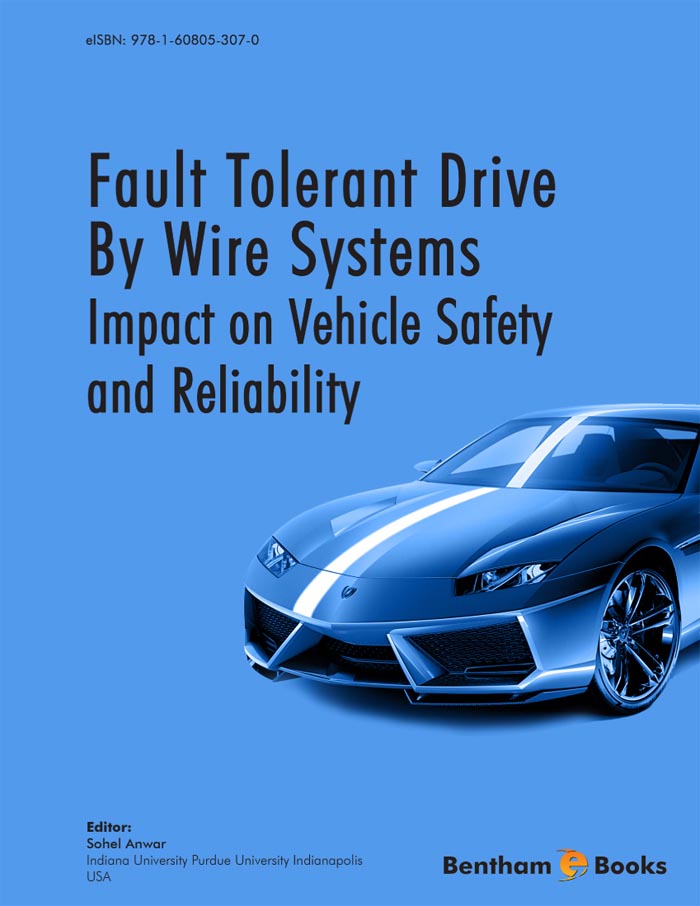Preface
Drive-By-Wire systems are still a long way off from their full potential, primarily due to reliability and safety concerns. While throttle-by-wire systems are commonplace in many high-end vehicles, brake-by-wire and steer-by-wire systems are still in the research and development stage with major automakers. Daimler-Benz introduced the first brake-by-wire system using electronically controlled hydraulic valves and pumps in the SL 500 and E-Class models as early as 2001. However, the high cost of these brake systems and some reliability / safety issues did not permit widespread adoption of these systems by the automotive industry. Thus the major automakers, in general, were discouraged from investing further in the development of drive-by-wire systems. However, researchers at universities and government labs continued to search for better solution to improve the reliability and safety of drive-by-wire systems in a cost effective manner.
Overall safety and reliability of drive by wire systems can be significantly improved via redundancy based system architecture with fault tolerant control methodology. This type of hardware-software solutions have already been successfully developed and implemented in fly-by-wire systems. For drive-by-wire systems, however, the challenge is to design a hardware-software architecture for enhanced safety and reliability in a cost effective manner. This e-book aims at addressing some of these challenges via a number of approaches, such as, analytical redundancy, system level reliability enhancements, and global positioning system assisted steer by wire system.
Fault tolerant control of drive by wire systems is the focus of this e-book. The authors of this e-book are experts in the field of fault tolerant drive by wire systems. Chapter 1 of this e-book gives an overview of the drive by wire systems and a brief background on the challenges facing such system for commercial viability. Chapter 2 presents system level reliability and enhancements to drive by wire systems. Chapter 3 introduces the dependability and functional safety of drive by wire systems. Chapter 4 describes a GPS (Global Positioning System) aided steer-by-wire control system for articulated vehicles. Chapter 5 presents a virtual operator model for construction equipment design. All of these chapters capture various aspects of safety and reliability of drive by wire systems which is the most challenging question today for such systems.
This e-book can be used as a reference book or as a textbook for a graduate course in the area of Safety and Reliability in the context of automotive control systems. It also offers some possibilities of further developments including important problems in this research area.
Sohel Anwar
Indianapolis, Indiana, USA
January, 2011

